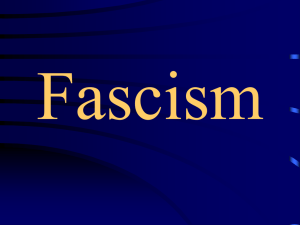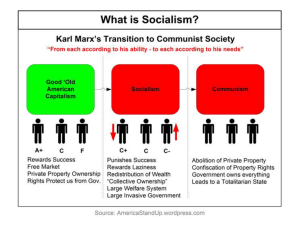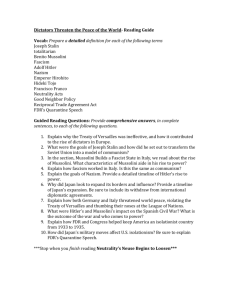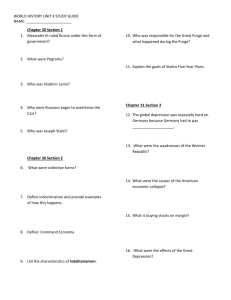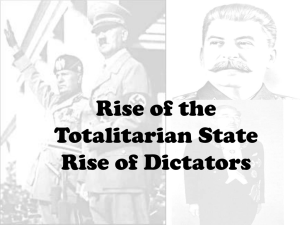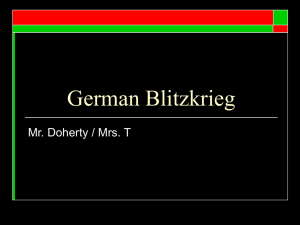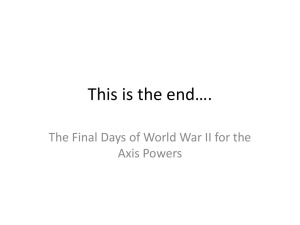between the wars
advertisement
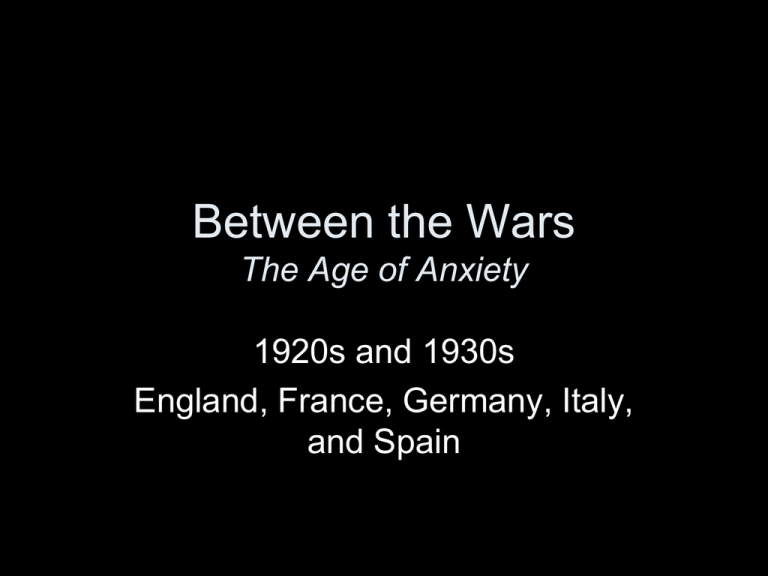
Between the Wars The Age of Anxiety 1920s and 1930s England, France, Germany, Italy, and Spain After the War to End All Wars…these are the attempts to make sure it ended all wars… • • Kellogg-Briand Pact – “renounced war as an act of instrument of national policy” – Aka…it outlawed war – Nearly every nation in the world signs it – even the Soviet Union – Problem? Can’t be enforced… League of Nations – Not successful – Wide variety of membership – Collective Security • If any member state were attacked, others would provide financial aid • Violates US isolationist policies/tendencies – No enforcement power • But would issue disapproval for acts of aggression – Germany and Japan frustrated that League is strictly pro-allies France •Was more damaged and more in debt after WW I than most •Horizon of Blue 1920 •Chamber of Deputies all military guys •Show down for Reparations… •Attempted Ruhr Strike •Causes Severe inflation •After 1924 will be steadily receiving $ from Germany, •1931 – Depression will hit France •Not as bad as elsewhere, some, but not devastating unemployment •Support farmers •July 1935 – Leon Blum and the Popular Front •Preserve republic •Press for social reform •Will win majority in Chamber of Deputies in 1936, socialists will have weight •Seek programs like FDR’s New Deal •Matignon Accords – 7-15%; 40hr wk; 2 wk vacay •Maginot Line becomes priority Left in Shambles • British cities suffered from German air raids • Economically struggling • 1920’s Labour v. Liberal party – Lloyd George (C); 1922 Bonar Law (C) – Stanley Baldwin 1923 (C) – Labour party – Ramsey MacDonald – Standley Baldwin • Conservatives return govt to gold standard • Makes conversion rate too high, raises price of British goods to foreign countries • Management needs to lower expenses, cuts wages • Coal miners strike • Other workers inspired to strike • Miners and unions have to capitulate to keep their jobs because of high unemployment • Conservative gov’t does grant some housing and welfare reform • Status Check on British Empire • National Government – 1931 – Coalition of Liberal, Labour, and Conservative Parties – Raises taxes – Cut ins benefits to unemployed and elderly – Lower govt salaries – Argue that falling prices in Britain mean salaries haven’t “really” changed b/c cost of living is lower too – Went off the gold standard – Value of pound falls by 30% – 10%tariff on all imports except from within empire • Civil War erupts • Secret negotiations – 1921 treaty that produces a status similar to Canada, Australia, New Zealand, and Northern Ireland • Civil War between Irish diehards v. Irish moderates – Diehards want totally independent republic with no oath to the Br monarch • Da Valera resigns as President, organizes resistance to the treaty • Reelected in 1932, abolishes oath to monarchy • Ireland = fully independent in 1949 Mussolini • • • • • • Forms Fascist party in 1919 “Il Duce” – the leader Blackshirts terrorize and control opposition 1922 appointed Prime Minister when he threatens to march on Rome “The Country is Nothing Without Conquest” – Roman Empire Wannabe – Wants Mediterranean to be Mare Nostrum again – Wants lands on the Adriatic back from Yugoslavia (irredenta) 1935 – gets Ethiopia (revenge at last) Il Duce’s Italy • Suppressed rival parties, muzzled the press, rigged elections and replaced elected officials with Fascist support • Critics thrown into prison, exiled or murdered • Secret police and propaganda bolster the regime • Preserved capitalism, but workers forbidden to strike, wages very low • “Believe! Obey! Fight!” • Youth groups toughen kids and teach them strict military discipline – Taught about glories of ancient Rome – March in parades, sing hymns and chants, “Mussolini is always right” • Women asked to “win the battle of motherhood” – 14 kids and you get a medal! Fascism • An authoritarian (non-communism) government that emphasizes extreme nationalism and glorifies violence, discipline and blind loyalty to the state • Bundle of sticks around an axe - “fasces” • Antidemocratic – democracy leads to corruption and weakness, allows individual or class interests to rise above national goals • Aggressive foreign expansion – “survival of the fittest”, dominance and war are necessary for survival • Sworn enemies of communists – Fascism – support comes from business leaders, wealthy landowners, and lower middle class – Communism – support comes from urban and agricultural workers Appeal of fascism? • Promises a strong, stable government and end to political feuding that had paralyzed democracy • National pride Totalitarian Rule • Hitler, Mussolini, and Stalin: – Single party dictatorship – State control of economy – Use of police spies and terror to enforce the will of the state – Strict censorship and government monopoly of the media – Use of schools and media to indoctrinate and mobilize citizens – Unquestioning obedience to a single leader 1920’s Inflation in Germany • Weimar Republic • Print money to solve economic problems • Desire for stronger leaders Hitler • Adolf • 1919 National Socialist German Workers Party (aka Nazi Party) – Nazism – fascism shaped with fanatical German nationalism and racial superiority • Mein Kampf and Aryan race • 1932 – Nazi’s gain majority in Reichstag • 1933 -- Hindenburg appoints Hitler chancellor – Suspends freedom of speech and press – Brownshirts/stormtroopers silence opposition • 1934 – Hindenburg dead, Hitler “Der Fuhrer” Der Fuhrer • Begins rearming • Hires unemployed workers for public works projects – Massive public buildings – Autobahn • 1936 – Depression ends in Germany • Germany needs more living space – Militarize Rhineland in 1936 • Axis powers agreed between Berlin and Rome • 1938 Anschluss realigned (most Austrians welcome them) – Sound of Music! • Czechoslovakia, Chamberlain, and Appeasements “peace in our time!” Spanish Civil War • Nationalism group rises to power led by Franco • Nationalists v. Republicans • Nationalists – supported by Germany and Italy • Republicans supported by Soviets and International Brigade • Nationalists take Madrid, Franco rules from 1939-1975 Guernica – Pablo Picasso On to war! • March 1939 – Br and Fr agree to help Poland if invaded • Aug 1939 – Hitler and Stalin agree to a ten year Non-Aggression Pact (secret document attached about how to divide up E. Europe) • Sept. 1, 1939, Germany invades Poland – Blitzkrieg, Poland down in a month, Holocaust begins in Poland – Stalin seizes E. half of Poland • Sept. 3, 1939, Br and Fr declare war on Germany • April 9, 1940 – Hitler takes Denmark and Norway • May 10 – Netherlands, Belgium, Luxembourg, France to British Channel • June 10 – Fr govt flees • June 14 – Germans take over Paris • Aug 1940 – Luftwaffe hits London hard – British Royal Airforce, Chamberlain – “Never in the field of human conflict was so much owed by so many to so few”
